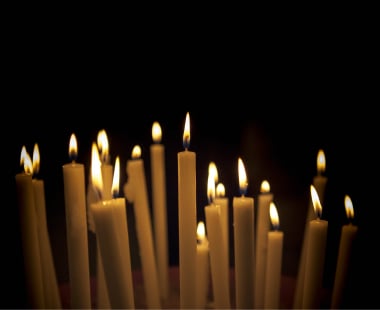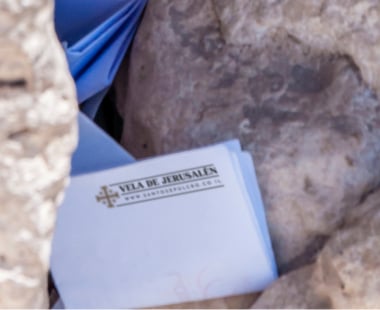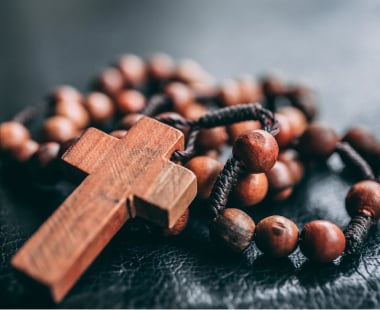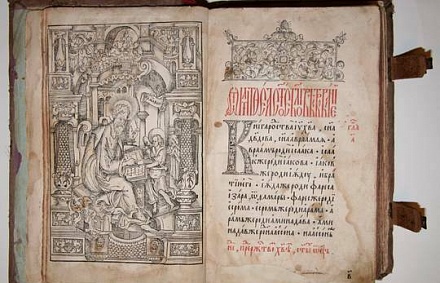Theophylact Bulgarian. Interpretation of the Gospel of Matthew
Matthew 21:12. And Jesus entered the temple of God and drove out all those who sold and bought in the temple, and overturned the tables of the money changers and the benches of those who sold doves, Matthew 21:13. and spoke to them; it is written, - My house will be called the house of prayer; and you made it a den of robbers.
As the lord of the house, that is, the temple, the Lord drove out the merchants, showing that what belonged to the Father belongs to Him. He did this, on the one hand, taking care of the beauty in the temple, and on the other, denoting the abolition of sacrifices, for, having driven out the bulls and doves, he expressed that what is needed is not such a sacrifice, which consists in slaughtering animals, but prayer. He says: “My house will be called a house of prayer, and you have made it a den of robbers,” because murders and bloodshed take place in the den of robbers. Or else He called the temple the den of robbers because there they sold and bought; and covetousness is the passion of robbers. The vendors are the same as our money changers. Doves are sold by those who sell church degrees: they sell the grace of the Holy Spirit, who once appeared in the form of a dove. They are expelled from the temple because they are not worthy of the priesthood. Look, too, how not to make the temple of God, that is, your thoughts, a den of robbers, that is, demons. Our mind will be a nativity scene, if we admit those inclined to material thoughts about selling, buying, about self-interest, so we will collect even the smallest coins. Likewise, we will make ourselves a den of robbers if we sell and buy pigeons, that is, we will lose the spiritual instruction and reasoning that we have.
Matthew 21:14. And the lame and the blind came to Him in the temple, and He healed them.
Healing the sick shows that He is God and that He did well in driving out the unworthy from the temple. Here it is also indicated that after the expulsion of the Jews, tied to the law and the slaughter of animals, the lame and blind from the pagans were accepted and healed by him.
Matthew 21:17. And leaving them, he went out of the city to Bethany and spent the night there.
The Lord moves away from them as from unworthy ones, and goes to Bethany. The word means 'house of obedience.' This means that from the disobedient He passes to those obedient to Him and dwells with them, as it is said: “I will dwell in them and walk in them” (2 Cor. 6:16).
Matthew 21:18. In the morning, returning to the city, he was hungry;
Matthew 21:19. And when he saw a fig tree by the way, he went up to it and, finding nothing on it but leaves alone, said to it: Let there be no fruit from you forever. And the fig tree withered immediately.
Matthew 21:20. Seeing this, the disciples were amazed and said: how did the fig tree immediately withered?
The Lord often performed miracles, and His miracles have always been beneficent. He has not previously performed a single miracle to punish anyone. In view of this, so that whoever does not think that He can not punish, the Lord manifests here such a punishing power, but as a man-loving man he does not show in people, but on a tree, just as before in a herd of pigs. He dries up the tree in order to educate people. The disciples are amazed - and thoroughly. This tree is very succulent; the miracle is all the more revealed that the tree withered instantly. The fig tree means a Jewish synagogue that has only leaves, that is, an ostentatious letter, but does not have spiritual fruit. Likewise, every person devoted to the pleasures of this life is like this fig tree: he has no spiritual fruit for the hungry Jesus, but only leaves, a temporary and transient appearance. Such a person will hear a curse on himself; for it is said: 'Depart from Me, you accursed ones, into the fire.' He will also be dried up: during his torment in the flame, even his tongue will dry up, like that of the gospel rich man.




